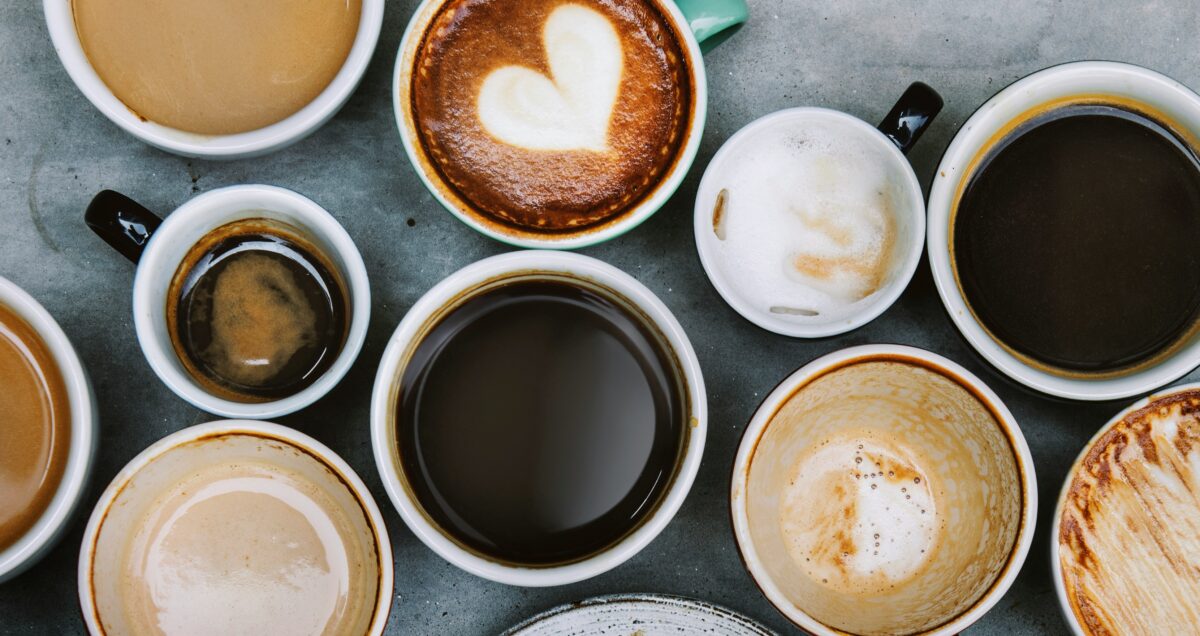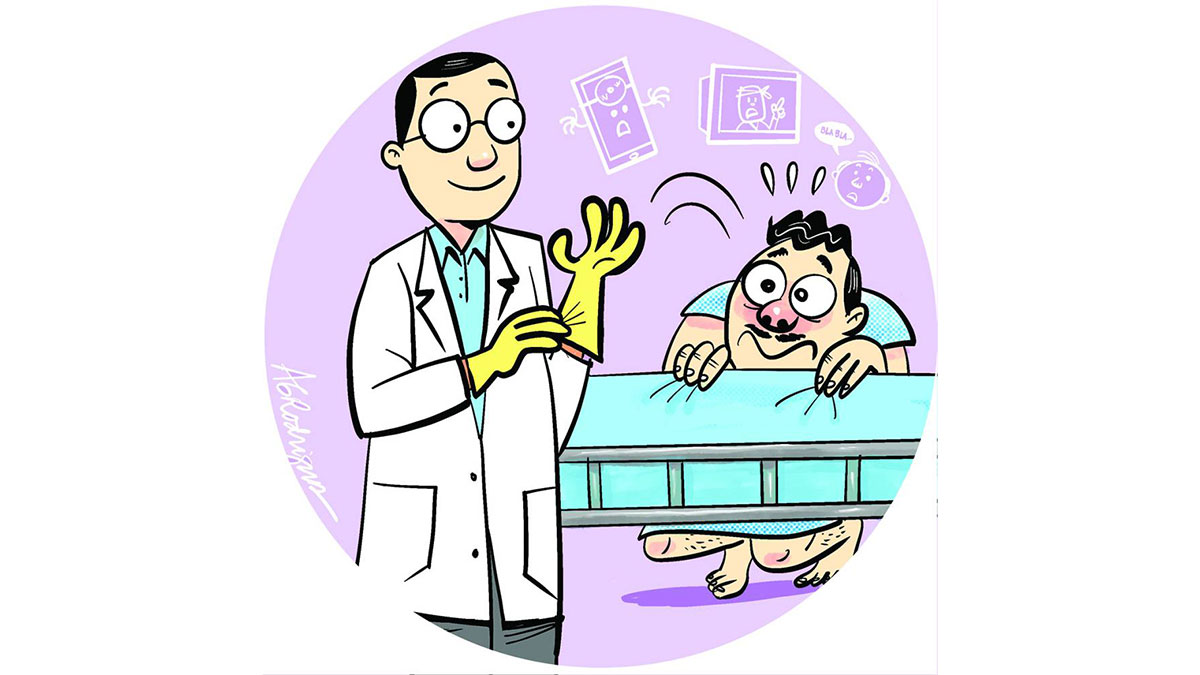
A patient who drinks up to eight cups of brewed coffee daily asked us if it’s bad for his health. Our quick reply was that, even good things, taken in excess is bad.
We drink a cup or two of coffee daily, and its health benefits are well established. It doesn’t only sharpen one’s focus and boost one’s energy levels. Black coffee—not the 3-in-1 version—has potent antioxidant effects which may translate to various health benefits: enhancing brain function in terms of improving focus and concentration, protecting the lining of the blood vessels, lowering risk of liver and other chronic diseases, preventing depression, and many others.
Psychologically, many have become dependent on a cup of coffee on waking up to jumpstart their day on the right foot. However, it must be emphasized that caffeine—whether it’s in coffee or beverages (soft drinks, energy drinks, etc.)—should be considered a drug. Being so, that means that within a certain dose range, the effect is generally safe and favorable, but beyond the recommended or allowable range, it can have some side effects on the body, just like all drugs. To some degree, there is also some sort of caffeine dependence, and sudden discontinuation can cause withdrawal symptoms, the most common of which is migraine headache.
Below 400 milligrams
Based on studies and consensus of experts, caffeine ingestion in whatever form is considered safe if total intake is below 400 milligrams a day. For those with cardiovascular problems like high blood pressure, angina (chest pains) and arrhythmia (irregularity in heartbeat), we don’t recommend more than 200 mg daily. If they could avoid it, that would be much better, especially since caffeine can also interact with some of the medicines commonly taken by heart patients.
Some religions like the Seventh-day Adventist (SDA) do not encourage intake of coffee or caffeine-containing beverages for health reasons, but its modern-day leaders recognize that there can be some compelling reasons to allow caffeine intake in their members. Several years ago, the Adventist Church through its world leaders gave a caffeine ban exemption to one of its prominent members—Dr. Ben Carson, a renowned pediatric neurosurgeon and health advocate.
This was after Dr. Carson, who was an early front-runner then in the Republican race for president, was seen on national television to have almost fallen asleep during interviews, debates and even speeches during the early election season. The church leaders stressed that their exemption should not be abused by Dr. Carson. “This is not free license for Dr. Carson to start chugging Red Bulls or become the new face of 5-hour Energy commercials,” said the SDA spokesperson.
Because those taking coffee and other caffeine-containing products tend to become dependent on them, it’s not recommended for children; and adolescents should limit their caffeine intake to not more than 100 mg a day. Not infrequently, one may encounter children who go into tantrums if they’re not given caffeine-containing soft drinks. Sometimes, they can’t eat without them. And it usually starts with just a small sip of these soft drinks. So, it’s better not to get them hooked to the caffeine in these soft drinks early on.
More than 400 mg a day of caffeine may already cause significant side effects like sleep disturbances, nervousness, palpitations, restlessness, irritability and muscle tremors. Aggressive behavior has also been reported particularly in bus and other public vehicle drivers gulping down cans after cans of energy drinks to keep them awake during long shifts.
This is the reason why we advocate banning 24-hour boundary systems, wherein drivers pay for the use of a taxi or other vehicles for 24 hours. This is really risky since these drivers resort to taking too much caffeine. Some even take shabu just to keep them awake. We believe some road accidents could be attributed to this.
Sensitive to caffeine
It must also be noted that some people are more sensitive to caffeine than other people. Some may already experience side-effects like palpitations or insomnia with just one cup of coffee, while some take coffee as a nightcap before they go to bed. In some centers, they can check one’s caffeine receptors to determine how sensitive one is to caffeine, but for most individuals, they can feel for themselves how sensitive they are to caffeine and how long the effect would last if they take any caffeine source.
For example, a colleague tells us that for him, a cup of brewed coffee would keep him awake for six to eight hours, while a regular instant coffee (three-in-one preparations) would last around three to four hours. So, he generally doesn’t take coffee anymore beyond 3 p.m.
One who does not take any caffeine source regularly is expected to be more sensitive to coffee, compared to one who regularly takes it. Leaner individuals, older age, intake of medications which have a stimulant effect, and psychological problems like anxiety disorders, can make one more sensitive to caffeine.
So, the healthy limit generally is less than 400 mg a day. If taking coffee and other caffeine products is part of your daily routine, you should know how much caffeine your favorite coffee or beverage contains.
The range of caffeine content in milligram is based on data from the following sources: Journal of Food Science (2010); Pediatrics journal (2011); USDA National Nutrient Database for Standard Reference, (Release 26); Journal of Analytical Toxicology (2006); Starbucks data (2014); PepsiCo (2014); Coca-Cola (2014); and Food and Chemical Toxicology (2014). The sizes are in fluid ounces and milliliters.
Here are the caffeine content of an 8 oz (237 ml) of the following types of coffee: brewed (95-200 mg); decaffeinated brewed (2-12 mg); instant (27-153 mg); decaffeinated instant (2-12 mg); specialty drink (latte or mocha) (63-175 mg).
For soda drinks, a 12 oz (355 ml) contains the following amount of caffeine: root beer (16-18 mg); Coca-Cola (23-35 mg); Diet Coke (23-47 mg); Pepsi (23-39 mg); Diet Pepsi (27-37 mg); 7-Up (0 mg). The energy drinks contain more caffeine: Red Bull (75-80 mg); 5-Hour Energy (200-207 mg).
So, just as we’re advised to count the calories we take in, we should also count the amount of caffeine we ingest daily. Enjoy your coffee. A cup of coffee may keep the doctor away; but several cups in excess may rush you to the nearest emergency room.













































